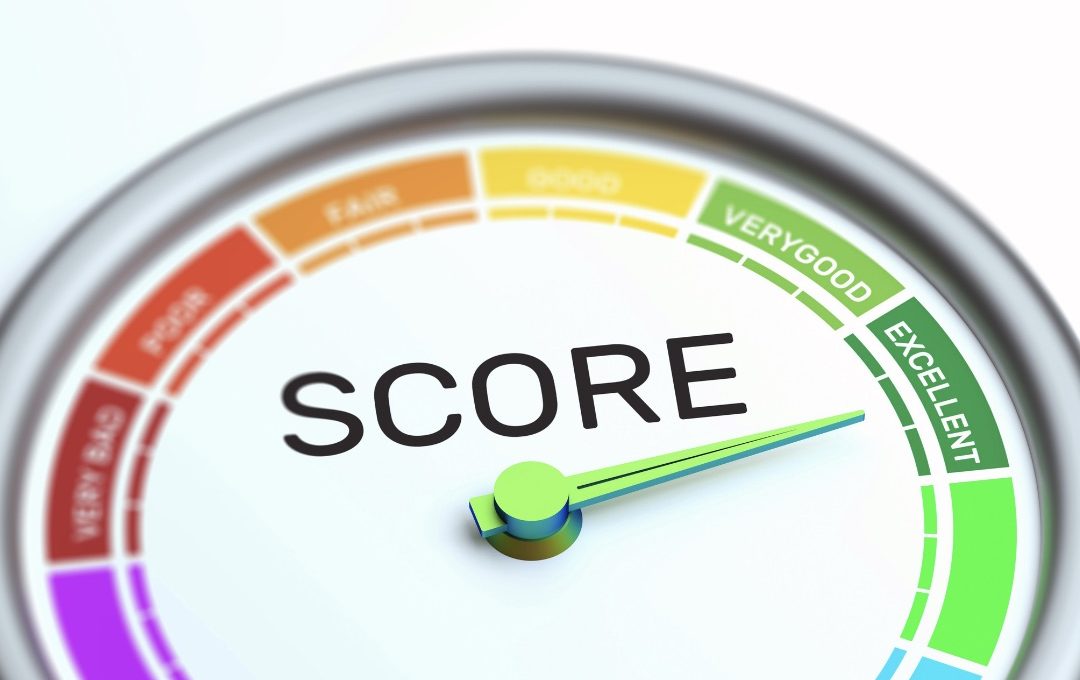The month of February is Solo & Ensemble season in Ohio and middle and high school students are participating in various forms of adjudication. Some are run by our state organization, OMEA, and others are run by county educational services. Students perform their solos or chamber ensembles and receive written and sometimes verbal feedback from an adjudicator. As teachers, we make sure our students know their scales and have learned their pieces to the best of their ability. We are good at preparing them musically, but are we adequately preparing them to accept feedback?
Every year, I watch students, parents, and teachers cluster around the area where the ratings are posted, anxiously waiting for their fates to be revealed. The emphasis is clearly and primarily on the rating. In Ohio, the ratings go from 1 to 4 with 1 being the highest. Other states have different rating systems. I frequently see students (and parents and teachers) rejoicing because the rating is a 1 or grousing because the rating is a 2. Here’s the thing, though – it’s really not about the rating. Let me explain.
The performance that a student gives on any given day is snapshot in time. If the same student played the same piece for the same adjudicator on a different day, the comments and rating might be different. If the same performance was adjudicated by a different person, the comments and rating might be very different. All of it is one person’s opinion of one performance. We’re allowed to have different opinions!
Interesting side note: while listening to a podcast, I learned about a study done in 2011 that found that judges were 65% more likely to grant parole at the start of a session and it would drop to nearly zero before a meal break. Hangry judges seemed to make different decisions.
Many things are influencing the person who is doing the evaluation.
Too often, students think they fail because they got a 2. We, as teachers, set up them to think this if we don’t prepare them to think about what constitutes a successful performance before they play or sing. We need to teach students to set goals and decide for themselves if they met them. If we don’t teach this skill, the students delegate their success or lack of it to an external authority. I see this with college students when I ask “How do think your recital went?” and they say “My teacher said I did well.” That’s not an answer to the question. I asked what they thought, not what their teacher thought. Musicians are very good at pleasing conductors and teachers because we are taught to do so. The conductor asks us to play louder, we do, and then we get rewarded. Students must be taught and encouraged to think for themselves.
With my students, I’ve started to make lists ahead of time. What are three things that you want to happen with this performance? The top of our list is always “Play with a beautiful tone quality.” It doesn’t matter if you have the fastest fingers in the universe, nobody wants to listen if the overall sound is not good! Other items on the list might be things like “Take care of intonation on my Cs, maintain steady tempo in the section where I usually rush, or nail that tricky rhythm that I’ve been working really hard to master.” We also talk repeatedly about how a perfect performance never happens. This is an unrealistic fantasy goal.
Immediately after the performance, we talk about how it went, in terms of the goals on the list. We also talk about where there was room for improvement; for example, “I was nervous and wasn’t using air like I usually do at the beginning,” or “I missed a rhythm or flubbed a notey passage.”
When the evaluation sheet comes, we go through the comments one by one. We look to see if the adjudicator commented about the specific goals we had in mind and are excited when we see “great tone” at the top of the page. Hopefully, the comments are accurate, even if they sting sometimes. It’s reassuring when the written comments support what we already thought in terms of good things and things that could have gone better. Every once in a while, there’s a comment that I completely disagree with as a teacher and I instruct my students to disregard that. It should go in one ear and out the other. The best comments are the ones where the solution to the problem is included in the comment; for example, “Keep the air speed moving to avoid being flat at the ends of phrases.”
Sometimes, the performance is a legitimate train wreck. Everything that could go wrong does and it’s unpleasant for everybody. In these situations, it’s still important to diagnose what happened and what needs to be different next time in order to get a different outcome. Students often have big emotions and managing those can be challenging. Having the list of goals and being able to go through them allows students and teachers to take the emotion out it. You didn’t meet the goals this time. It doesn’t mean you’re a terrible human or a bad musician. You simply didn’t play as well as you wanted and that’s how it goes sometimes. No matter how bad it was, the world isn’t going to come to a screeching halt and the sun will still come up the next morning.
The most important part of the entire process is the growth that happens between getting the music for the first time and performing it on the day of the competition. All of the good stuff that happens there will carry over for future performances, no matter what the number on the ratings sheet says.

